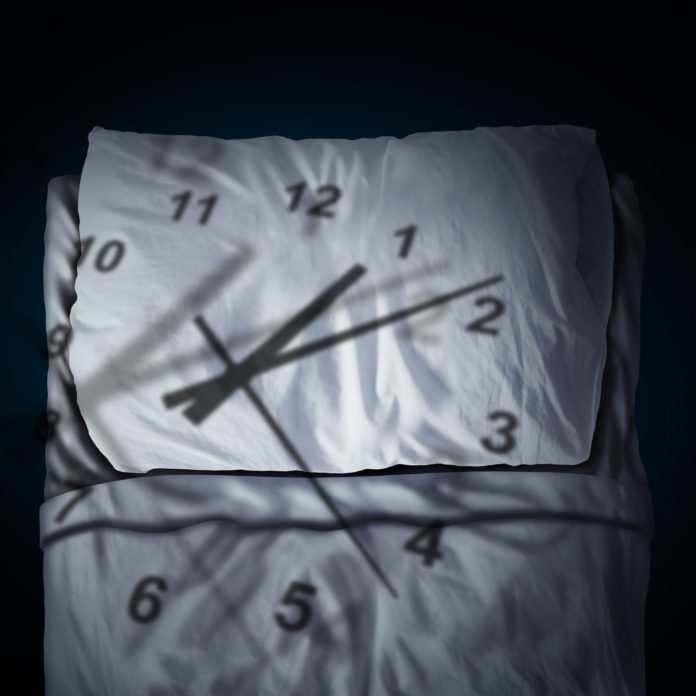Before getting into the business of determining whether chronotypes affect career choice, it is important to understand what chronotypes are.
Do you usually feel like throwing your alarm across the room when it buzzes you awake at seven or eight o’clock in the morning? Or are you the sort of person to sleep at that time and wake up in the evening? Would you call yourself a ‘morning person’ or an ‘evening person’? The answers to those questions are what help scientists at the chronotypes. Chronotypes are the division’s persons are grouped into according to their sleep patterns. The divisions are the morning persons, the evening persons and those in between the two.
According to the American Sleep Association, between forty and fifty percent of the world’s population falls under the chronotypes ‘in between.’ Two in five people show a slight preference toward the evening or morning while only about 0.2 percent people globally experience chronic sleep patterns such as the delayed sleep phase. The delayed sleep phase is a condition whereby the affected individual is unable to fall sleep until the late hours of the morning.
Chronotypes were thought of as preferred sleep patterns in the past. According to upcoming studies conducted in the recent past, however, science proves that chronotypes may be a result of brain functions. In the studies conducted, researchers examined the effect the brain’s circadian system had on these sleep patterns. The results concluded that the circadian system of the brain, which controls the body’s sleepiness and alertness, could be responsible for making the body’s internal clock ‘out of sync’ with the rest of the world. The lack of synchronization between the body’s natural clock and that of the rest of the world results in the varied sleeping habits stated Leon Lack of the University of Flinders, Australia. Lack studies circadian at the University.
Another conclusion drawn from the surveys is that chronotypes may be passed down in the genes. The implication this has on an individual is that a person may find it challenging to change his or her internal clock. The sole exception given to this rule is aging- as one grows older, one’s internal clock pushes itself back.
Chronotypes and Career Choice
Accepting chronotypes is imperative to staying healthy. Speaking to Brian Resnick of Vox.com, Philip Gehrman, a sleep researcher and clinician at the University of Pennsylvania, remarked that “Following your body is the best remedy.” If one ignores his or her body to fit into a particular pattern the consequences are numerous. For instance, an evening person who is forced to go to work early in the morning may be irritable and groggy in the daytime, and have impaired judgement due to sleep deprivation. Continuing with this pattern for an extended period could result in heart complications, obesity or social jetlag. Depression could also occur because of judgment from others on his apparent ‘laziness.’
If people were to follow their chronotypes, then most would pick careers according to these sleeping patterns. The evening people would opt for careers that were either flexible or involved night shifts. Morning people and those in between could work in more conventional career options. Doing so would make for a healthier, happier people.




